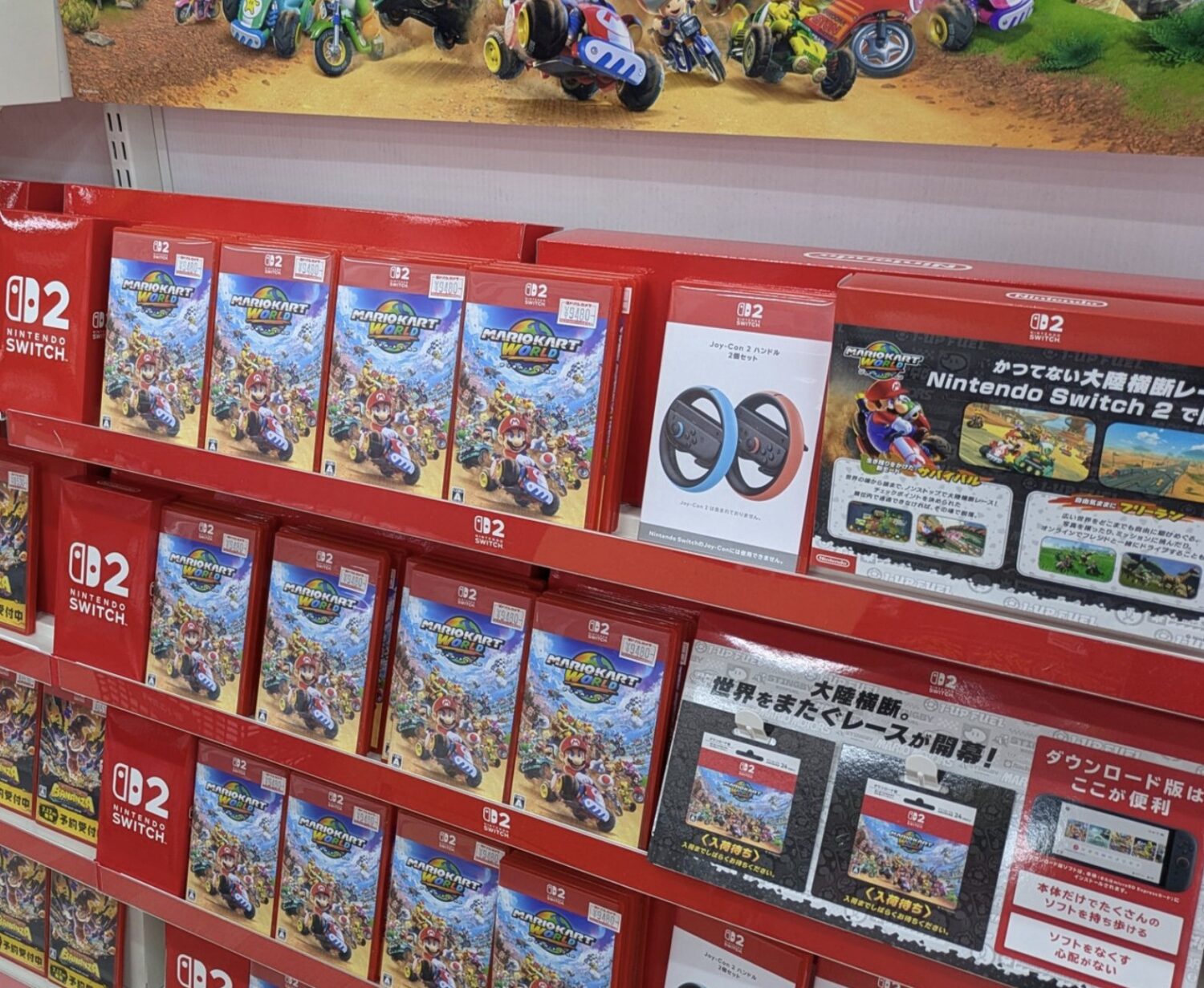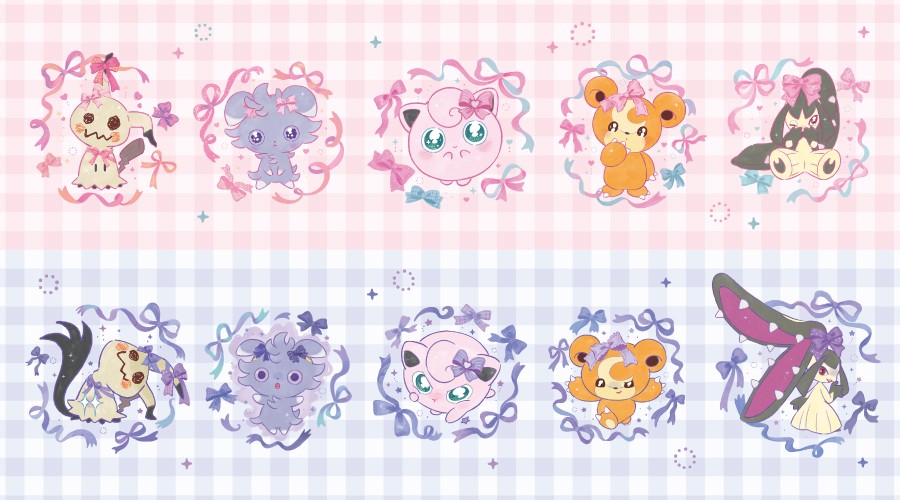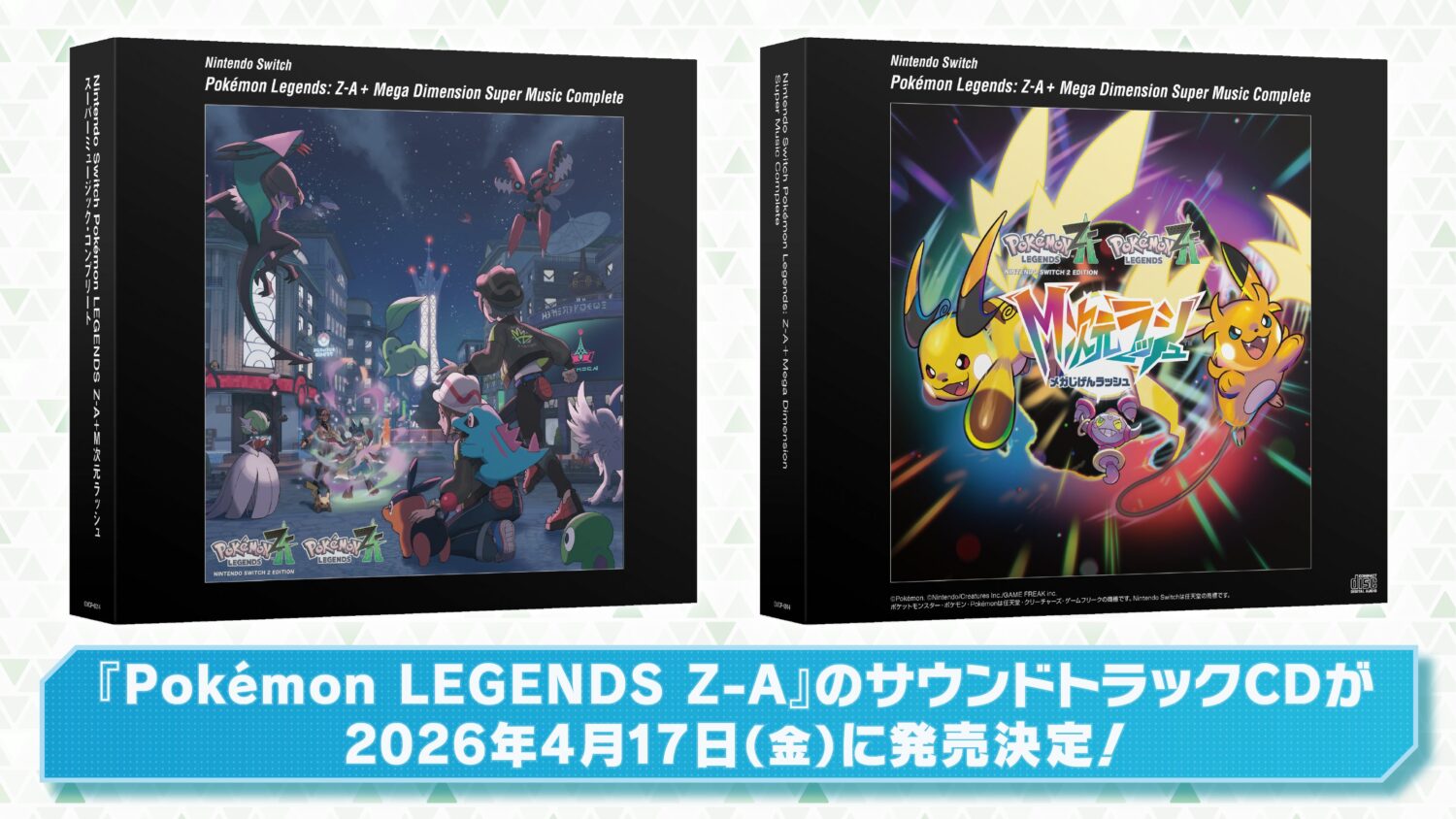A recent survey by Japanese market research firm RECCOO has provided fresh insight into Gen-Z perspectives on the Nintendo Switch 2’s launch, pricing, and anti-scalping policies in Japan.
The poll, conducted in April 2025, gathered responses from 300 people within the Gen-Z age group, shedding light on awareness levels and consumer sentiment ahead of the Nintendo Switch 2 release. Nintendo, renowned for its innovative hardware and strategic approach to hardware launches, is set to release the Nintendo Switch 2 in Japan on June 5, 2025.
According to RECCOO’s research, awareness of this launch is notably high among young Japanese adults: 75% of respondents indicated that they were already aware of the forthcoming release date, with the remaining 25% unaware.
The survey also focused on Nintendo’s proactive efforts to prevent the resale of its hardware at inflated prices, commonly referred to as scalping.
In addressing this issue, Nintendo has implemented pre-order lotteries for the Switch 2, which include specific entry requirements designed to make the process more equitable and less susceptible to scalping abuse.
Of those surveyed, 62% said they were familiar with Nintendo’s anti-scalping policy concerning Switch 2 pre-orders, while 38% were not.
When asked their opinion about having requirements for entering these pre-order lotteries, a majority expressed support: 52% viewed the system as 'very good,' and 41% described it as 'good.' Only 7% had a negative impression, and no respondents rated it as 'very bad.' A significant aspect of Nintendo’s strategy for the Switch 2 is its approach to pricing in the Japanese market.
To address currency depreciation and ensure affordability, Nintendo will offer a Japanese-Language, Japan-Only model of the Switch 2 priced approximately 20,000 yen cheaper than models available in other regions.
However, only 27% of participants were aware of this policy, while 73% did not know.
Once survey respondents were informed about the differences between the Japanese-Language System and the Multi-Language System, reactions were overwhelmingly positive: 41% deemed the policy 'very good,' 49% rated it as 'good,' 9% responded with 'bad,' and just 1% found it 'very bad.' This reflects a 90% approval rate for the Japan-exclusive model, demonstrating strong support among Gen-Z consumers. RECCOO’s survey further explored how these business practices influenced overall perceptions of Nintendo.
After learning about the company’s anti-scalping initiatives and tailored hardware offerings, 34% of respondents said their impression of Nintendo greatly improved, another 34% registered a positive shift, and the remaining 32% felt their opinion of the company remained unchanged. Lastly, participants were asked for their views on 'Japan First' companies—businesses that prioritize their domestic market.
Almost half (47%) had a very favorable impression, 52% responded positively, and only 1% held a negative view, indicating substantial appreciation for firms catering to Japanese consumers. This survey builds on previous RECCOO research from earlier in the year, which reported that 77% of Gen-Z respondents were looking forward to the launch of the Nintendo Switch 2.
These insights underline Nintendo’s strong position in the Japanese market, as well as the importance of tailored strategies for both pricing and consumer trust ahead of the hardware’s June launch.
The poll, conducted in April 2025, gathered responses from 300 people within the Gen-Z age group, shedding light on awareness levels and consumer sentiment ahead of the Nintendo Switch 2 release. Nintendo, renowned for its innovative hardware and strategic approach to hardware launches, is set to release the Nintendo Switch 2 in Japan on June 5, 2025.
According to RECCOO’s research, awareness of this launch is notably high among young Japanese adults: 75% of respondents indicated that they were already aware of the forthcoming release date, with the remaining 25% unaware.
The survey also focused on Nintendo’s proactive efforts to prevent the resale of its hardware at inflated prices, commonly referred to as scalping.
In addressing this issue, Nintendo has implemented pre-order lotteries for the Switch 2, which include specific entry requirements designed to make the process more equitable and less susceptible to scalping abuse.
Of those surveyed, 62% said they were familiar with Nintendo’s anti-scalping policy concerning Switch 2 pre-orders, while 38% were not.
When asked their opinion about having requirements for entering these pre-order lotteries, a majority expressed support: 52% viewed the system as 'very good,' and 41% described it as 'good.' Only 7% had a negative impression, and no respondents rated it as 'very bad.' A significant aspect of Nintendo’s strategy for the Switch 2 is its approach to pricing in the Japanese market.
To address currency depreciation and ensure affordability, Nintendo will offer a Japanese-Language, Japan-Only model of the Switch 2 priced approximately 20,000 yen cheaper than models available in other regions.
However, only 27% of participants were aware of this policy, while 73% did not know.
Once survey respondents were informed about the differences between the Japanese-Language System and the Multi-Language System, reactions were overwhelmingly positive: 41% deemed the policy 'very good,' 49% rated it as 'good,' 9% responded with 'bad,' and just 1% found it 'very bad.' This reflects a 90% approval rate for the Japan-exclusive model, demonstrating strong support among Gen-Z consumers. RECCOO’s survey further explored how these business practices influenced overall perceptions of Nintendo.
After learning about the company’s anti-scalping initiatives and tailored hardware offerings, 34% of respondents said their impression of Nintendo greatly improved, another 34% registered a positive shift, and the remaining 32% felt their opinion of the company remained unchanged. Lastly, participants were asked for their views on 'Japan First' companies—businesses that prioritize their domestic market.
Almost half (47%) had a very favorable impression, 52% responded positively, and only 1% held a negative view, indicating substantial appreciation for firms catering to Japanese consumers. This survey builds on previous RECCOO research from earlier in the year, which reported that 77% of Gen-Z respondents were looking forward to the launch of the Nintendo Switch 2.
These insights underline Nintendo’s strong position in the Japanese market, as well as the importance of tailored strategies for both pricing and consumer trust ahead of the hardware’s June launch.






